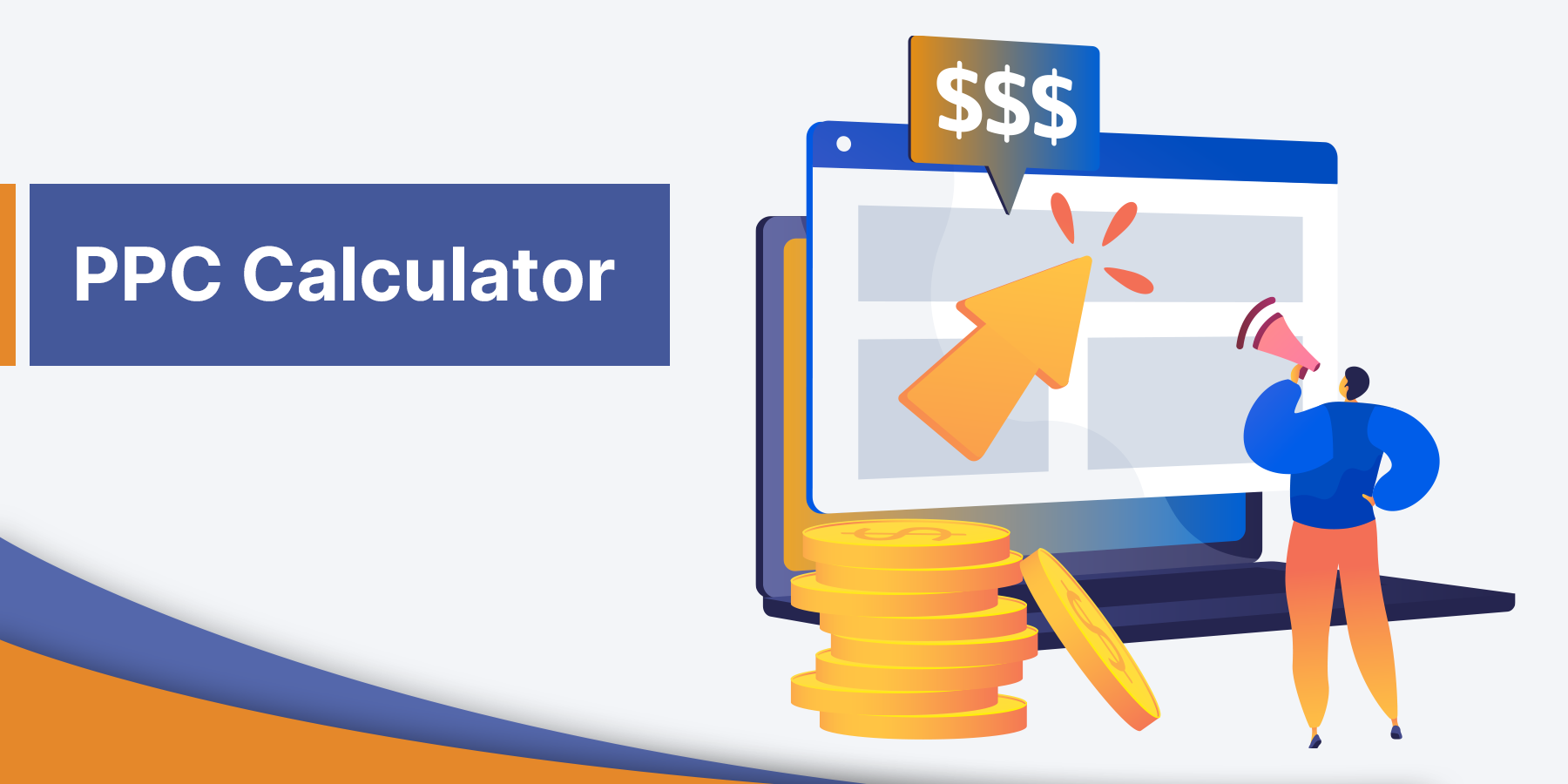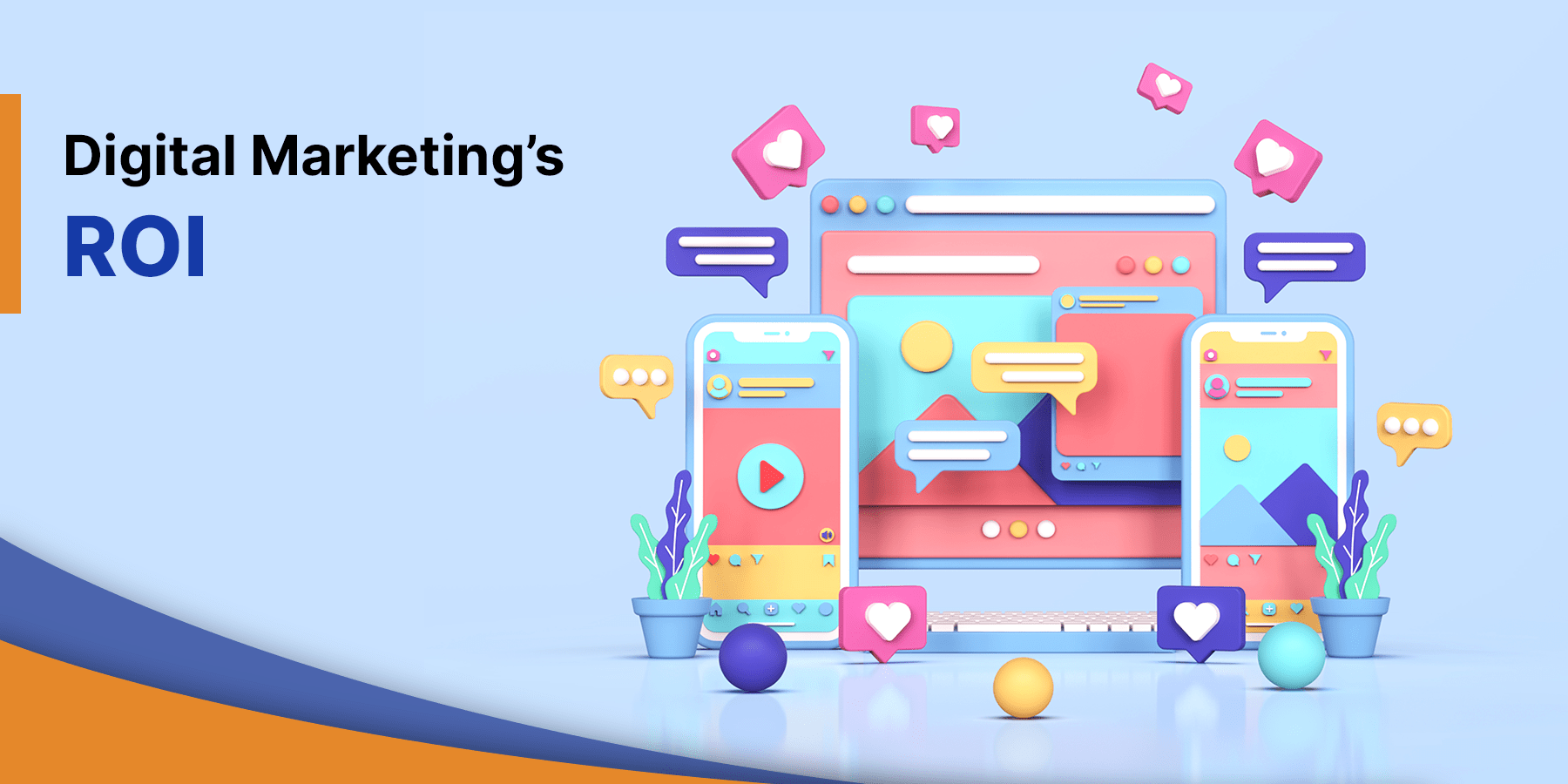
Did you know paid advertisements have a 200% ROI? PPC (Pay Per Click) drives double the traffic compared to SEO. Nearly 65% of customers click on PPC ads. Considering the incredible results out of PPC management, small to medium-size businesses invest up to $10K on paid advertising monthly. These are just a few stats evident of PPC’s effectiveness.
But how does PPC work and drive big sales to your business? What is it that makes paid advertising capable of skyrocketing your revenue? This is what we’re going to discuss in this blog.
Let’s get started:
How Does PPC Work?
For those new to this, PPC is an online advertising model in which you pay every time a user clicks on your ads. The paid search ad is the most common format among PPC ads. Other forms of PPC ads include remarketing and display advertising.
Paid search ads appear on search engines when people search for things online, mainly when they perform commercial searches. This can be anything from a home appliance search to a local spa service search. These searches trigger relevant PPC ads.
You can’t pay more to ensure that your ads appear more prominently than your competitors. Instead, PPC ads are subject to the Ad Auction, a fully automated process. Search engines use Ad Auction to determine the relevance and validity of advertisements before they appear on their SERPs.
Although PPC brings results faster than other forms of digital marketing, it doesn’t happen overnight. This cost-effective method to grow your business takes time and effort in the right direction. Key factors that affect a PPC campaign’s performance include the following:
- Relevant keywords: Are you using the search terms your target audience uses to find products or services you want to sell?
- Quality of ads: Google awards the best placements and lowest costs to businesses that provide excellent customer experience through their ads. The Click-through rate (CTR) is the indication of this.
- Account structure: Everything about your PPC account should be adequate.
So, PPC is one of the most invaluable tools for business.
How Does PPC Work to Increase Your Sales?
Now, coming to the main point, how does PPC drive sales and revenue to your business? Let’s take a look:
You Get Measurable and Trackable Results
It’s one of the most significant benefits of PPC management. You can easily measure and track your Google Ads and their results. Use the Google Ads tool and Google Analytics to track high-level performance details like clicks, impressions, conversions, and other metrics.
PPC metrics show the overall performance of your advertisement campaigns. You can determine the traffic and result in your ads drive for your budget. By sending your PPC traffic to a dedicated landing page, you can track the conversion and the progress towards your goals using Google Analytics.
You Have Complete Control of Your Campaign
You can gain complete control of your PPC management campaigns despite default campaign settings using a wide range of options. For instance, you can select keywords and set your preferences for ad placements.
Put in as much budget as you want. In PPC, you can set your ad budget and bids, though you have to pay at least close to a market rate. We encourage you to start small and scale your budget as you see positive results. Plus, you can pause or stop running ads anytime you want. Managing your budget like this can be tricky with other forms of digital marketing campaigns.
The next best thing is that you have the flexibility to edit and optimize while your ads are running. So, you’ve got a lot of chances to experiment.
PPC Works Well with Other Digital Marketing Channels
Content marketing has become an indispensable part of digital marketing. You can use Google Ads as an engine to drive valuable visitors with the help of unique and relevant content.
PPC and SEO can go well together as the goal and audiences of both channels are the same – targeting people using Google to find products, services, or information. The performance data of clicks, impressions, and conversions from Google ads provide valuable insights that can direct your SEO efforts. Similarly, organic SEO data can handle your PPC management. All of this helps ensure content marketing efficiency.
Google Ads remarketing is another channel that works well with PPC. It helps target and keep site visitors engaged. Remarketing (or retargeting) ads appear to people who visit and leave your site and are based on specific audience rules. So, it can be a great and cheaper place to start with PPC.
You Get To Access an Impressive Range of Targeting Options
In the world of PPC, you’ll find many targeting options, each enabling a different way to reach your target audience. With these options, you can target audiences based on their search pattern, demographics, and more.
You can test and try out a mix to leverage the full scope of PPC. It also helps ensure you get the expected number of impressions while targeting the right audiences.
The most common PPC targeting options are:
Search Targeting
Search PPC campaigns allow you to reach people when they’re actively searching for something. Search engines show them your ads, potentially influencing their purchase decision in your decision.
Dynamic Search Ads (DSA)
You feed DSA campaigns with your website, not keywords. Accordingly, search engines match your website’s content to user questions before showcasing them to your prospects.
Display Targeting
Display campaigns have two main targeting options: content and audience.
Contextual Targeting
Contextual or content targeting means you focus on the content of your webpage. It’s used when you want to indicate to Google that you want to show up on websites that have relevant content. Similarly, audience targeting tells Google you want to show up for people with similar behaviors you’re targeting.
Besides, you’ve got many more PPC targeting options you can leverage to drive sales to your business.
You Can Reach Out to a Broader Local Audience
Data shows that 75% of local-intent mobile searches result in offline in-store visits within 24 hours. When people searching for products or services in their area see your ads, they click on the ad to get instructions on how to reach your store in person.
Using local PPC (also known as geo-targeting), you can target neighboring cities and ensure to include or exclude certain areas by proximity.
Plus, Google Ads can feature your business’s location and ensure that your ad appears in relevant “near me” searches. So, you can show local ads and increase your brand awareness in neighboring areas.
Cost of PPC in 2022
First things, first. PPC is a budget-friendly option. There are no budget restrictions, and you can choose to pay any amount of money on PPC management. Since it yields measurable results, you can quickly determine the profits you’re making from your investment. Accordingly, you can spend more money on well-performing campaigns to reach your maximum ROI (return on investment).
Now coming to the notion of the ‘cost of PPC,’ a small business can pay between $1,000 and $2,000. Mid-sized companies often budget in the range of $7,500 to $10,000. On the other hand, established large companies can set a budget starting from $10,000 monthly and can go as high as $50,000 per month.
Businesses often lack enough time and skills for effective PPC management. Hiring an in-house PPC expert may not be feasible for small to medium-sized businesses. So, they can outsource their PPC requirements to a reputed third-party company that excels in digital marketing. With such companies, you can benefit from their expertise, experience, knowledge, and expensive software they might be using.
So, find your PPC outsourcing partner that can work with you on creating impressive ad copies and bidding strategies and perform competitive analysis—working with a reputable PPC company to grow your business as SEO outsourcing benefits.
Using PPC Calculator to Estimate PPC Management Costs
Fortunately, you can calculate the cost using a reliable PPC calculator. It’s a simple and easy-to-use tool that helps estimate your PPC costs and make informed decisions accordingly.
Provide the following quick inputs to the PPC calculator:
- Cost per click (CPC): How much do you want to pay Google for every click on your ad?
- Minimum number of clicks per day
- Conversion Rate Assumption
- Run ads on weekends: Whether or not you want to run ads on weekends.
Accordingly, the PPC calculator will show your daily and monthly spending. It also offers an estimated number of conversions in sales or leads and cost per conversion.
So, you get insightful data you need to set up an informed budget for PPC management. The best part is if you get to access it for free. You don’t need to pay anything to use it.
Hopefully, this blog answers how PPC can drive up your sales. So, add this to your digital marketing and start seeing the difference.







